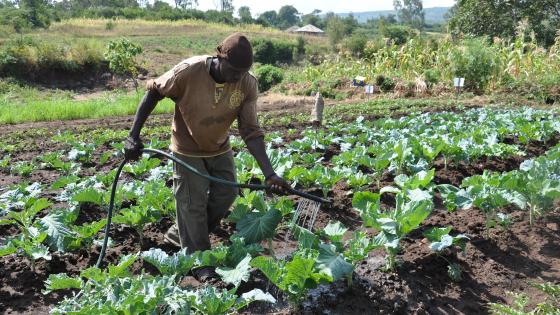DP3141 Land Distribution, Incentives and the Choice of Production Techniques in Nicaragua
The distribution of property rights has a strong impact on output when, due to the non-contractibility of some inputs, market contracts do not yield efficient outcomes. In this Paper I analyse how the distribution of land rights affects the choice of both contractible techniques ? such as crop mix or irrigation ? and non-contractible effort when these are complements in production. I present evidence from rural Nicaragua suggesting that farmers are more likely to grow effort-intensive/highly profitable crops on the plots they own rather than on the plots they rent. I consider two theoretical arguments that illustrate why property rights might matter. The first relies on the fact that the agent who chooses effort is subject to a limited liability constraint, the second that the owner cannot commit to output-contingent contracts. In both models the choice of technique might be inefficient, regardless of the distribution of property rights. The efficiency loss is, however, lower when the farmer owns the land. Further empirical investigation shows that, in this context, the inability to commit seems to be the main source of inefficiency.

